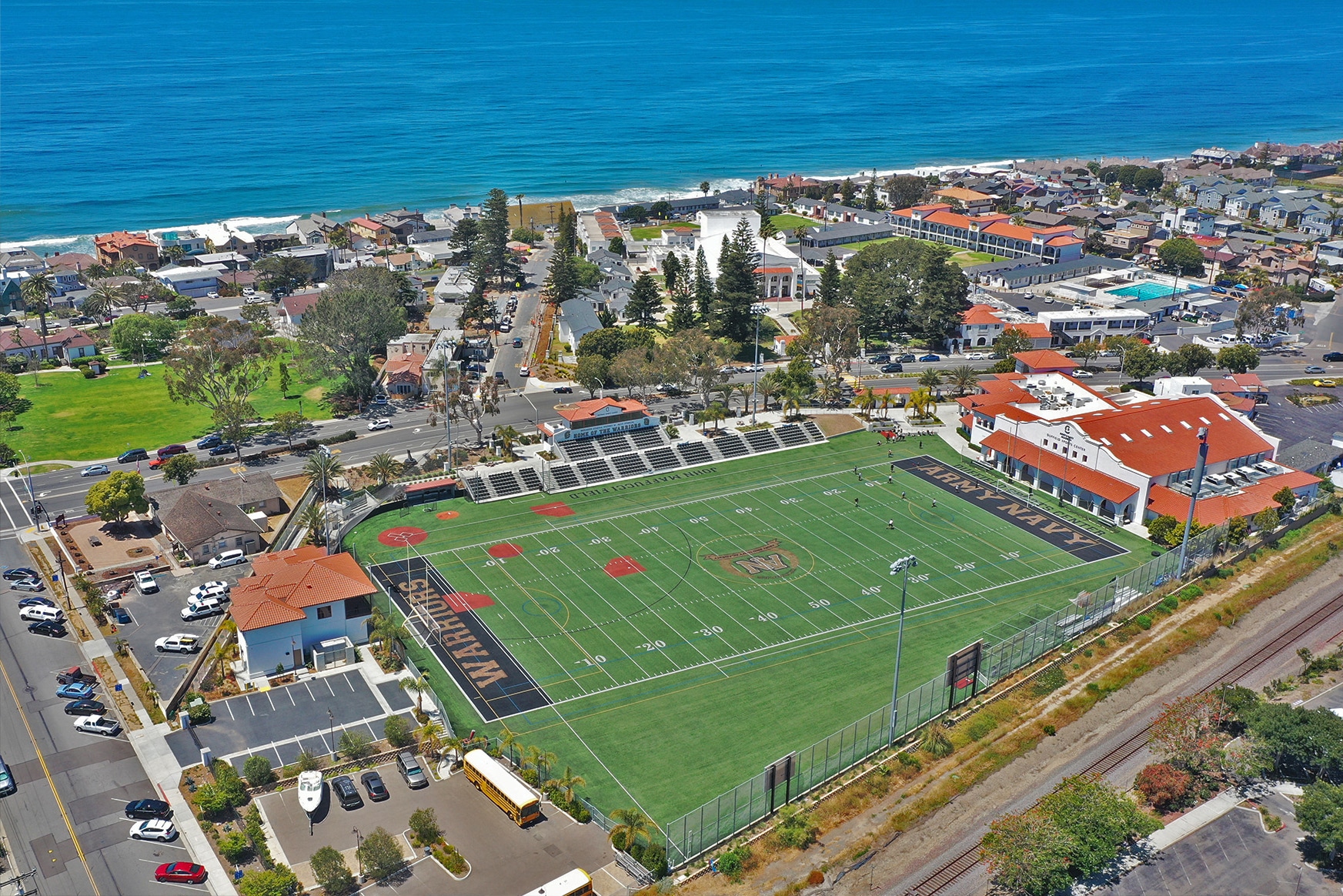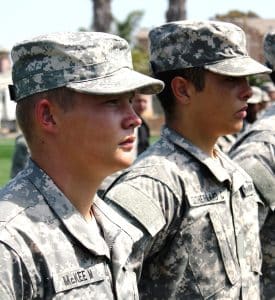Every year, thousands of inquiries about summer camps flow into admission and summer program offices at boarding schools, universities, and traditional camp facilities. Oftentimes, parents are looking for leadership, life skills, and ways to help their child mature and become more independent during a summer camp experience.
So, before you pin down the type of camp you are seeking, think about the outcomes you hope your child will accomplish. Let’s look at the ways children and teens can potentially mature during a camp experience.
How Camps Help Kids Mature
- Executive Function Skills – According to Learning Success’ blog, “the eight key Executive functions are Impulse control, Emotional Control, Flexible Thinking, Working Memory, Self-Monitoring, Planning and Prioritizing, Task Initiation, and Organization.” Not surprisingly, summer camps stimulate progress in all of these areas through activities, interactions, and mentorship.
- Communication Skills – Part of growing up is learning how to assert oneself, self-advocate, and communicate clearly. Campers often do presentations, interact in teams, and do group projects. This leads to more polished and mature interactions with others.
- Growth Mindset – In the Harvard Business Review, they sum up a growth mindset as follows: “Individuals who believe their talents can be developed (through hard work, good strategies, and input from others) have a growth mindset.” Summer camps get kids to work hard, play hard, and adopt strategies and gather feedback.
- Resilience – One of the great takeaways from summer camp is the acquisition of resilience, grit, and perseverance. Camp personnel are trained to help children and teens face challenges in a safe and supportive environment. Summer is a great time for kids to try new things and push their potential socially, emotionally, physically, and mentally.
- Lifestyle Habits – Summer camps, specifically residential camps, require campers to address personal hygiene, eat three nutritious meals per day, get plenty of exercise, and enjoy fresh air and sunshine. Campers are expected to be punctual for activities, stay off electronic devices, and learn to take care of themselves. These are all learned habits and a summer camp can really make a difference.
- Decision-making – Campers make decisions and choices on a continuous basis about a variety of things, such as: elective classes, fitness options, friendships, meal choices, following rules, and following health and safety procedures. Learning how to make decisions and exercise good judgment should begin early in childhood and continue through adolescence. Summer camps exercise this mental process.
- Leadership and Teamwork – Maturity often comes from collaboration, cooperation, or from leading others. A summer camp is an ideal way for children and teens to gain real-world leadership and management skills. This is not only strong preparation for college, but also provides early career development skills. Almost every college student and every profession requires the following: time management, goal-setting, project collaboration, and teamwork.
- Compassion and Empathy – Camps tend to be diverse in makeup, especially at boarding school summer camps. Campers will interact and learn from campers from all over the United States and the world. At some boarding schools, they offer ESOL or ESL, so this attracts students working on their English skills from continents, including: Asia, Africa, North America, South America, and Europe.
- Appreciation and Gratitude – When children and teens interact with others and do service projects, they often gain a greater appreciation for what they have at home. Parents just might find their kids come home happy to see them, feel a greater sense of appreciation and act more respectfully after attending summer camp. Ask the staff about their values, as well as what makes them different.
- Independence and Confidence – The American Camp Association, as well as other research institutes all, seem to indicate that children and teens become more independent as a result of attending camp. Summer camps require students to think and act on their own and they provide special recognition to increase confidence on various levels.
Choosing a Summer Camp
If your end goal is to help your child mature, then choosing the right camp is a very important decision. Let’s briefly compare the types of camps and some of the other considerations to bear in mind.
- Residential Camps – As pointed out previously, boarding schools offer some top summer camp options. Attending a summer camp on a boarding school campus has many benefits. The campus is like a microcosm of the world and has many similarities to a college campus setting. Plus, your child will have access to a highly structured schedule, internal staff, robust amenities, and a high watch on safety measures. In addition, private schools must meet very rigorous accreditation standards.
- Day Camps – For children in elementary school, parents often choose a day camp. They might feel like their child is not quite ready to go to a residential camp and many residential camps are geared more for adolescents. Nevertheless, there are some great day options through the YMCA and faith-based organizations.
- Online Camps – If your intention is focused on the acquisition of specialized skills or summer school classes, there are many online options. In particular, a number of tech camps have cropped up over the years, however, nothing takes the place of an in-person experience. Summer is a great time to be “high touch” vs. high tech, so ensure your child gets a reprieve.
- Expected Outcomes – Beyond developing maturity, if you want your son or daughter to develop real-world leadership skills, you might consider a military school camp. Military academies offer summer camps for middle and high school students, some offer JROTC options, and they offer stellar training that results in self-discipline, motivation, and responsibility.
- Specialized Learning Outcomes: Some camps offer highly electives to enhance their core summer program. For example, Army & Navy Academy (coed camps for grades 7-12) offers electives to enhance their core leadership focus. Electives include: aviation, cyber security, and English for Speakers of Other Languages ESOL (aka ESL). If the outcome is a new sport or physical skill, campers can actually learn how to surf at Army & Navy Academy due to its beachfront location or improve equestrian skills at summer camps like Culver Academies and Missouri Military Academy.
- Mission, Vision, Values – Make sure the camp is aligned with your values. Military schools typically follow a strong honor code and require campers to adhere to a value system. Values may include: honor, integrity, respect, responsibility, compassion, and gratitude. If your preference is a faith-based camp, contact your church or temple for suggestions.
- Camp Location – Summer camps are found in almost every imaginable type of location. Think about the kind of camp where your child will flourish and grow. There are camps by the beach, near lakes, forests, mountains, deserts. As pointed out, there are camps on universities, private schools, boarding schools, and military academy campuses. In addition, there are special facilities owned and operated by organizations like the YMCA.
- Accreditation – If you are thinking about a residential experience on a private school or boarding school campus, then check out their accreditation. For traditional camps, check out their status with the American Camp Association. For university camps, think about whether this is a good fit for your child’s future college applications.
- Schedule a Tour – If you are in the area on vacation or live regionally, you might be able to go on a campus tour or attend an event. Most private day schools and boarding schools are typically willing to set an appointment for your visit. This is a great chance to see their campus, discuss the programs and activities, meet the staff, and ask questions. In some cases, you could even consider both the summer program as well as their school during the academic year.
- Speak with the Staff – Assemble a short list of questions to ask during your first contact call. Check the website and read their frequently asked questions as a way to get you started.
Camp can be a transformative experience for children and teens and potentially exceed your expected outcomes.
We have outlined the many ways your child will mature as a result of attending summer camp, but hopefully, we have also provided some insights and guidance to consider when selecting a camp.

Candace Heidenrich is the CEO of Aperture Advisory Associates, where she works with private secondary and higher education leaders to strengthen programs and practices. She founded Aperture in 2018 after more than a decade in a senior administrative role at a boarding school in California. Additionally, she held faculty and chair positions at private schools and colleges in Los Angeles and Ojai. Her background also includes director and executive level positions with start-ups and Fortune 500 corporations.
While earning her B.A. in Education and Humanities in the Lawrence Henry Gipson Scholar program, she studied abroad at Oxford before pursuing her master’s at the University of California, Santa Barbara. A frequent speaker at national conferences, she is a recognized thought leader and authority on enrollment management and marketing best practices.


